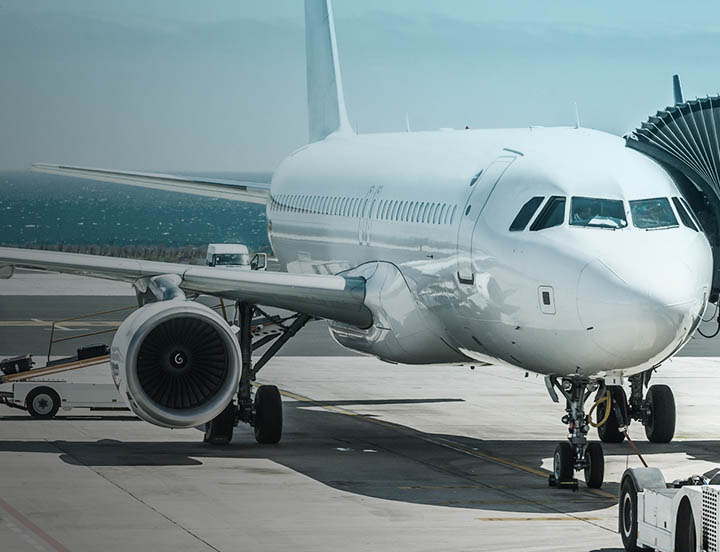BJSS collaborated on Project SEEKER, a partnership between Heathrow Airport, Microsoft, UK Border Force and Smiths Detection, with the aim of combatting illegal wildlife trafficking. The solution works by automatically alerting enforcement agencies when an illegal wildlife item has been detected during the scanning of luggage and cargo at airports, ports, and borders. Objects can be seized and used as evidence in criminal proceedings against the smugglers.
Challenge
Illegal wildlife trade includes the trafficking of elephant ivory, rhino horn, pangolin scales, tiger bone, and bear bile. These high value products are at the core of illegal trafficking rings and are the cause of the huge decline in certain species.
With an estimated value of approximately £20 billion annually, illegal wildlife trade ranks as the fourth largest global illicit trade. The importation of illegal animal parts into the UK poses a multifaceted threat, encompassing various risks such as the spread of disease, fuelling the illicit trade, and giving rise to associated social problems, all while compromising animal welfare.
Only 10% of such cases are ever brought to light, highlighting a glaring lack of effective mitigation measures in place to combat the issue. With previous systems many illegal animal products went undetected, identifying a need for new technology to tackle to issue of illegal wildlife trade.
Solution
Project SEEKER offers an AI solution capable of automatically searching goods for illegal wildlife products and notifying a Border Force Agent.
The solution employs a series of algorithms, with each trained to detect various illegal wildlife goods and if an item of interest is detected, a Border Force Agent will be notified. The BJSS team developed the Project SEEKER algorithm by training it on an extensive dataset of CT scans. The dataset featured images captured at multiple angles and with diverse density filters applied, enabling the algorithm to analyse anatomy under varied realistic conditions.
The scanner works by generating 12 2D images from different camera angles, a bounding box is then marked around the objects and a probability reading is provided indicating the likelihood of an illegal animal product.
The solution was built using Microsoft Azure AI Custom Vision, an AI service and end-to-end platform used to apply computer vision, which provided an easy-to-use interface that was used to label images and draw the bounding boxes.
The BJSS team worked to investigate the predictions that could be made around the probability of luggage containing illegal animal items. At the testing stage the algorithm was fed an extensive library of X-ray images taken from Smiths Detection’s CTX 9800 baggage scanners at Heathrow to train the Microsoft AI for Good model. The machines can screen up to 250,000 bags a day, generating a multitude of data for inspection.
Outcomes
Project SEEKER can be easily installed in luggage and cargo scanners at airports, ports, and borders, and will automatically alert enforcement agencies when an illegal wildlife item is detected. Objects that have been identified can be seized and used as evidence in criminal proceedings. With a more than 70% successful detection rate, this innovative technology offers the UK an opportunity to hugely reduce the import of illegal animal products.
Alongside improved detection rates of illegal wildlife trafficking, the data captured by authorities will offer a clear picture to be established around the source of the smuggling, its routes and destinations.
The Duke of Cambridge visited Microsoft’s UK headquarters to hear about the potential of this technology as part of his work with The Royal Foundation’s United for Wildlife programme. The Project SEEKER team was able to benefit from United for Wildlife’s global network of expertise on the illegal wildlife trade. United for Wildlife will be working with partner organisations in the transport sector to support the global roll out of the SEEKER capability.
Azure and its storage, machine learning, IoT and DevOps tools are compatible with many other systems, meaning existing digital security operations or scanners in airports do not need to be modified. With existing scanners already adept at spotting firearms, explosives and drugs, Project SEEKER can be trained to help authorities spot more of these items and tackle criminal networks worth hundreds of billions of dollars.

